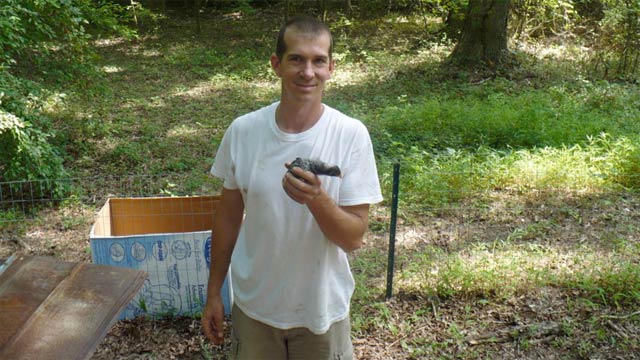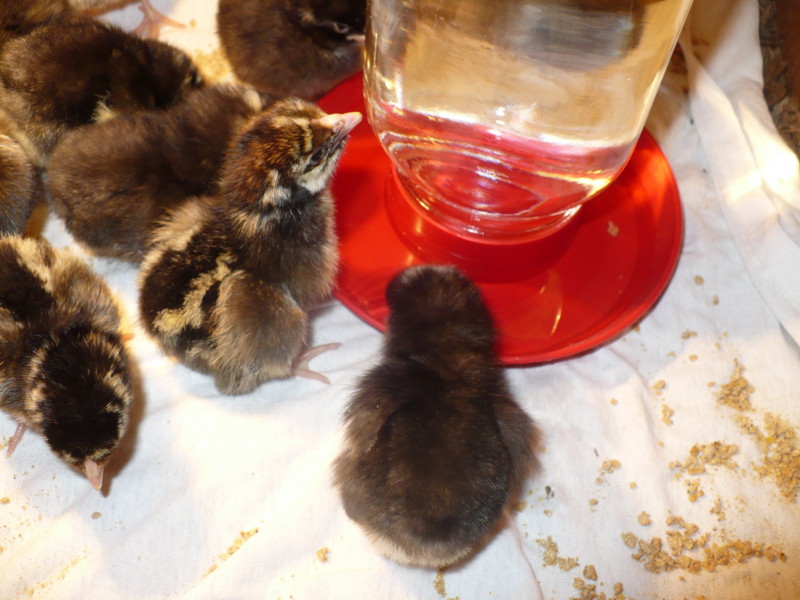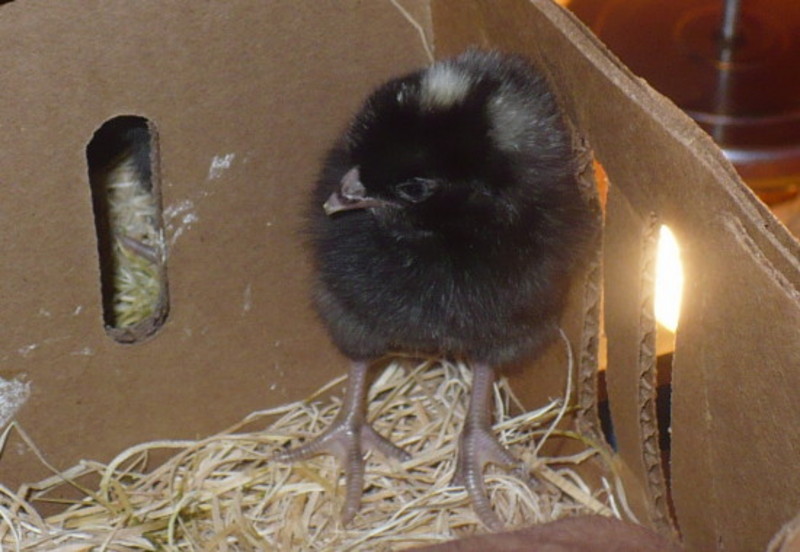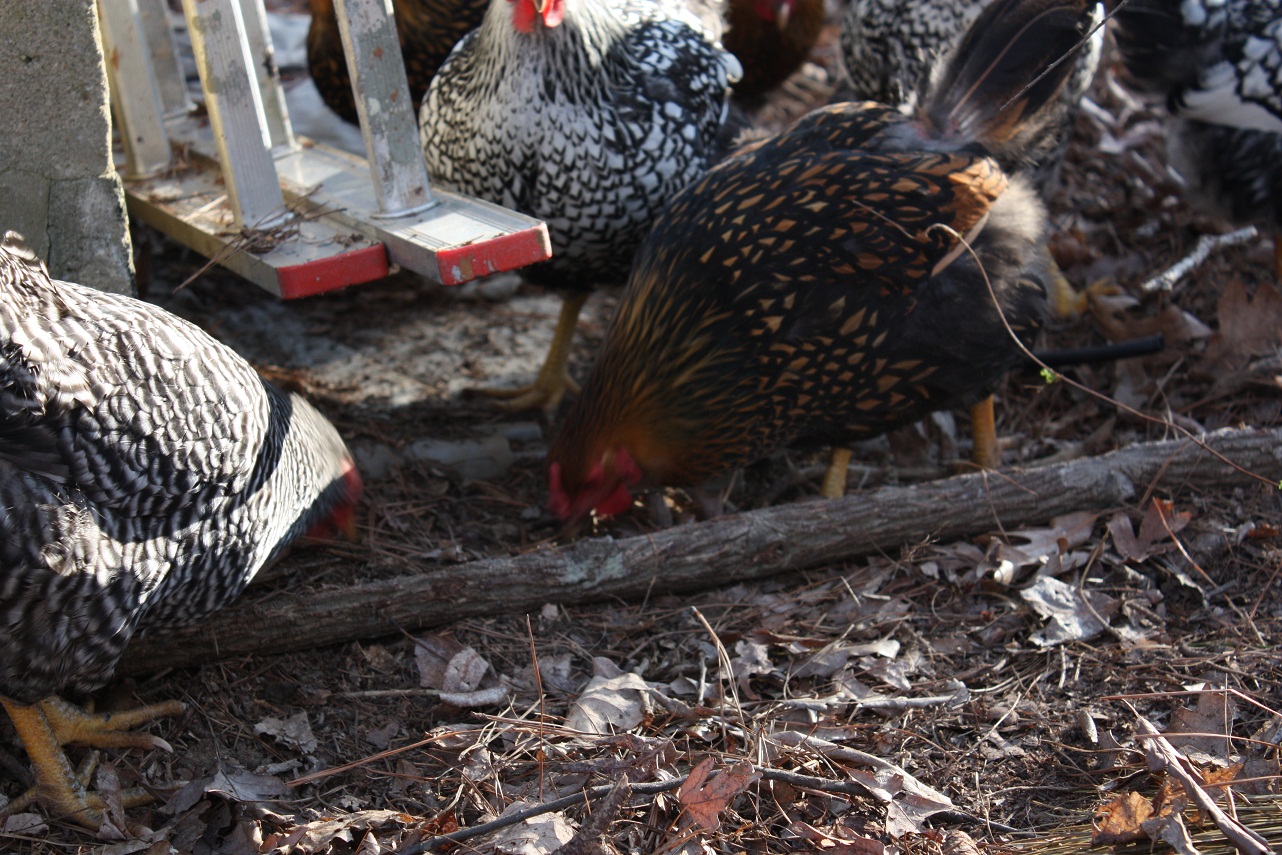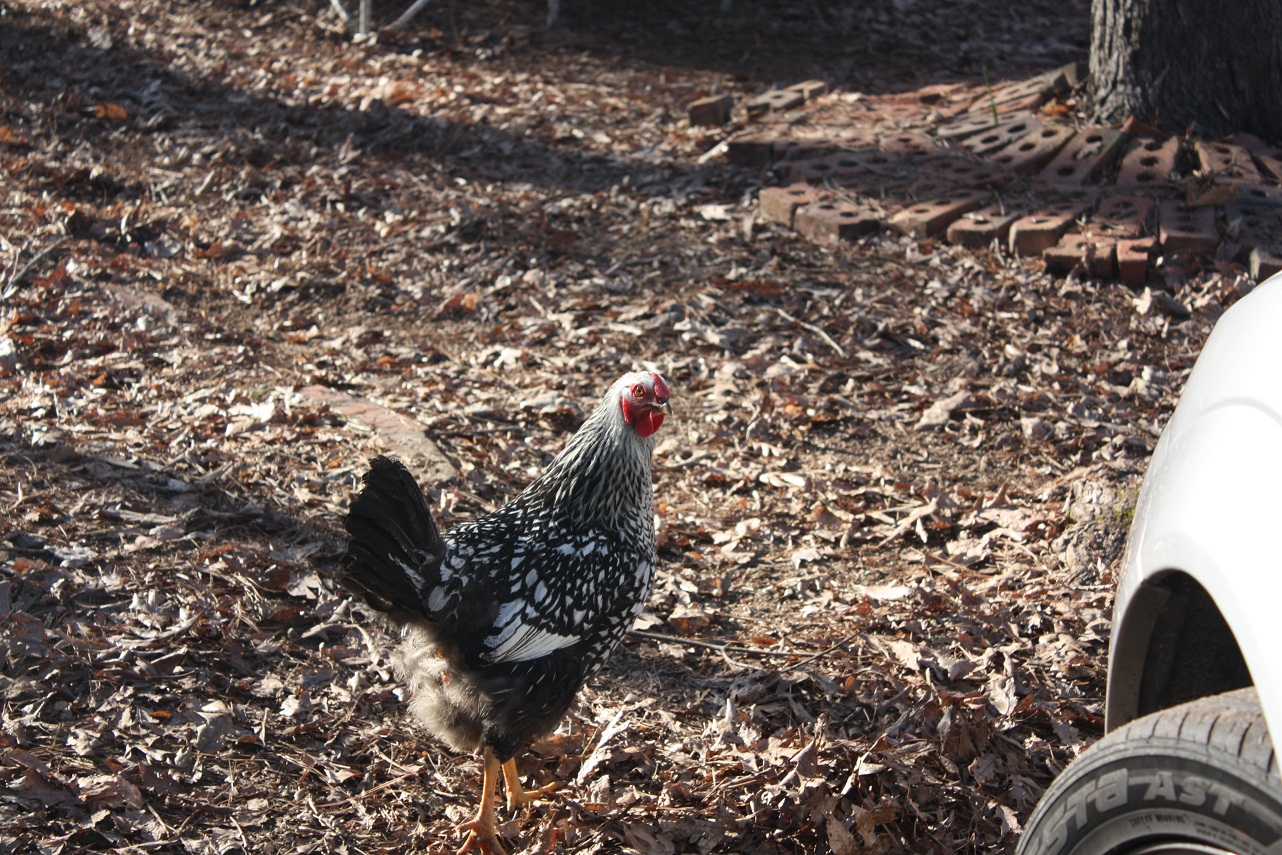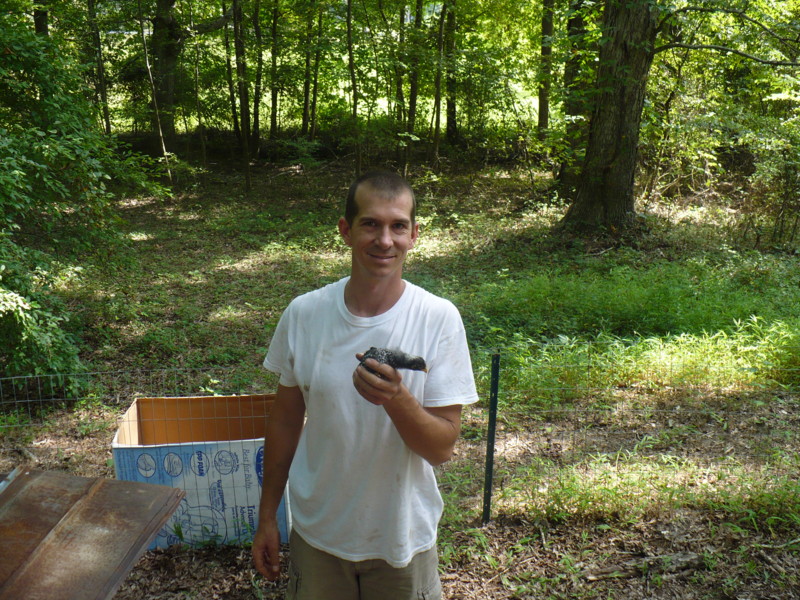 by Jonathan Bridges, TFC Sustainability Coordinator
It was just by chance that our birds hatched on my birthday, August 18. My present arrived in a small box the next day. We now had 38 little fluff balls, 24 roosters and 14 hens.
by Jonathan Bridges, TFC Sustainability Coordinator
It was just by chance that our birds hatched on my birthday, August 18. My present arrived in a small box the next day. We now had 38 little fluff balls, 24 roosters and 14 hens.
Of course nature took its share and we lost three birds - most likely - to some local dogs. But after only three months, we had 22 roosters in our freezer (we kept one around); and after another two months, the hens started laying. In the end, we found that even in America today a small family flock can produce tremendous benefits for a household.
What were the benefits?
“The boys” or our meat birds were not mass produced. They were raised on pasture, which produces a much higher quality of meat. Pasture raised birds generally sell for over $4.00 per pound, but we only paid $1 per pound for ours (Keep in mind - we did have to do the dirty work ourselves!).
So, for the past five months we've been filling up on premium while paying regular prices.
“The girls” are egg-laying machines. Our 12 hens consistently produce 11 eggs per day. All that we give them to eat is scratch grains. They scour the yard to round out their diets. We do have one lazy hen contributing about three times a week, but she is the friendliest of the bunch so we tolerate her. We consistently have enough eggs for ourselves, our extended family, and some friends.
For the past eight months we have maintained our small family flock for three specific reasons:
- To see what it could mean for our household economy In America, where the old dream of “a chicken in every pot” has become a reality, our little experiment may seem irrelevant. Even at minimum wage it takes less than 10 minutes to earn enough to buy a dozen eggs and only a half hour to purchase a whole chicken. Chicken is easily one of the cheapest meats in our market. However, this is a stark contrast to Ethiopia…
- To better consider what it could mean for an Ethiopian household economy It takes a normal Ethiopian’s full day's wage just to buy a dozen eggs and the average Ethiopian may work a full week to earn enough to buy a whole chicken. So, what would a small flock like ours mean to a family in Ethiopia? Significantly more than it meant to us. It would mean a dramatic improvement in nutrition and livelihood. It would mean being able to provide for themselves and others.
- To prepare for our upcoming move to Ethiopia As the Sustainability Coordinator for The Forsaken Children, I am gearing up to move my family to Ethiopia where we will be a part of starting a hatchery in Southern Ethiopia. The Kota Ganate Hatchery as it will be called, will help rural Ethiopian families dramatically improve their lives. I should also mention that the hatchery has the potential to provide 20% or more of Onesimus’ operating expenses after one year of operation.
My family and I are thrilled to be a part of providing lasting hope for Ethiopia.
Keep a lookout for the Chicks for Change Campaign that will start on June 1 on TFC’s Facebook page. You won'twant to miss this simple opportunity to be a part of what we’re doing with the Kota Ganate Hatchery!


